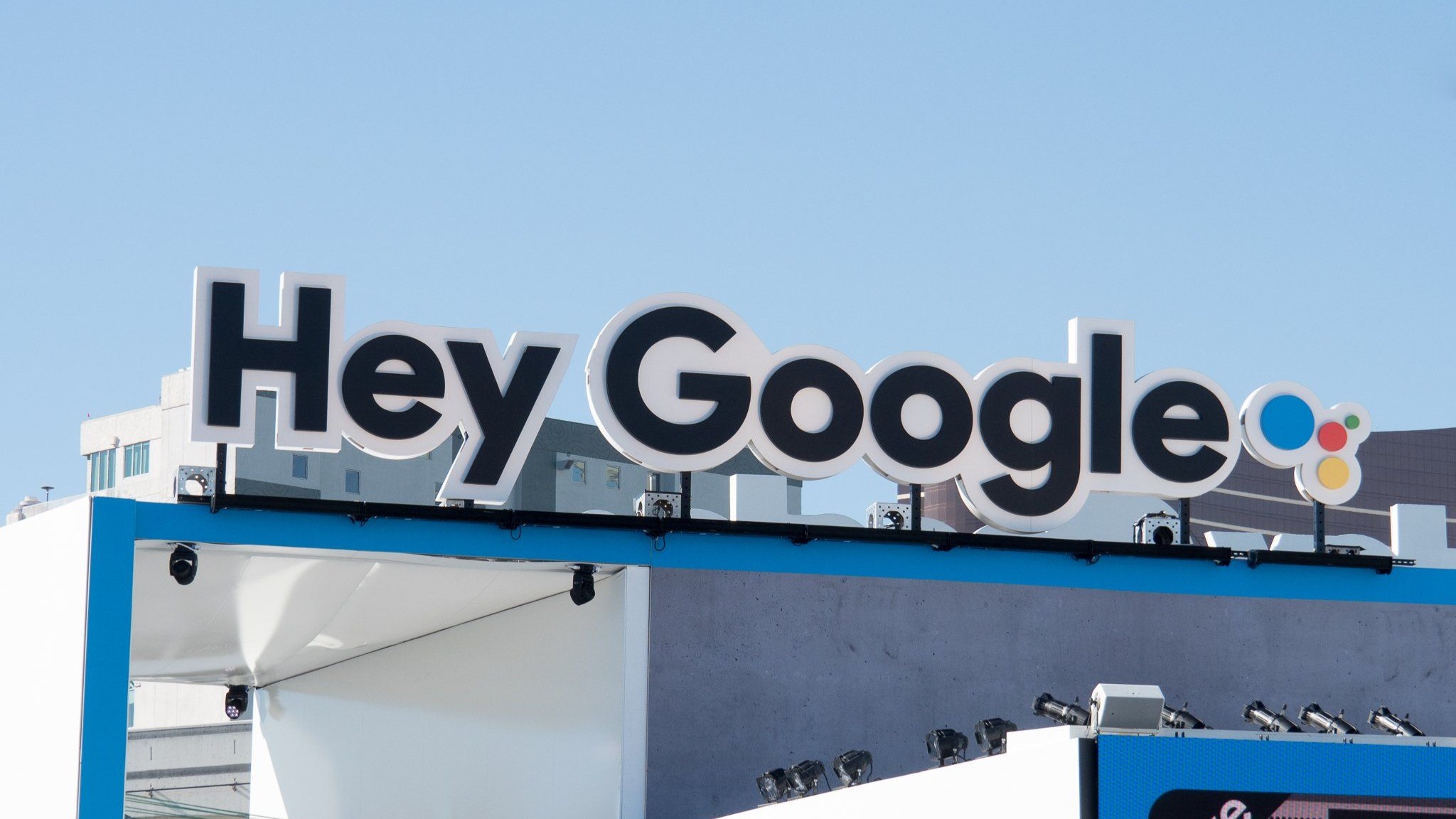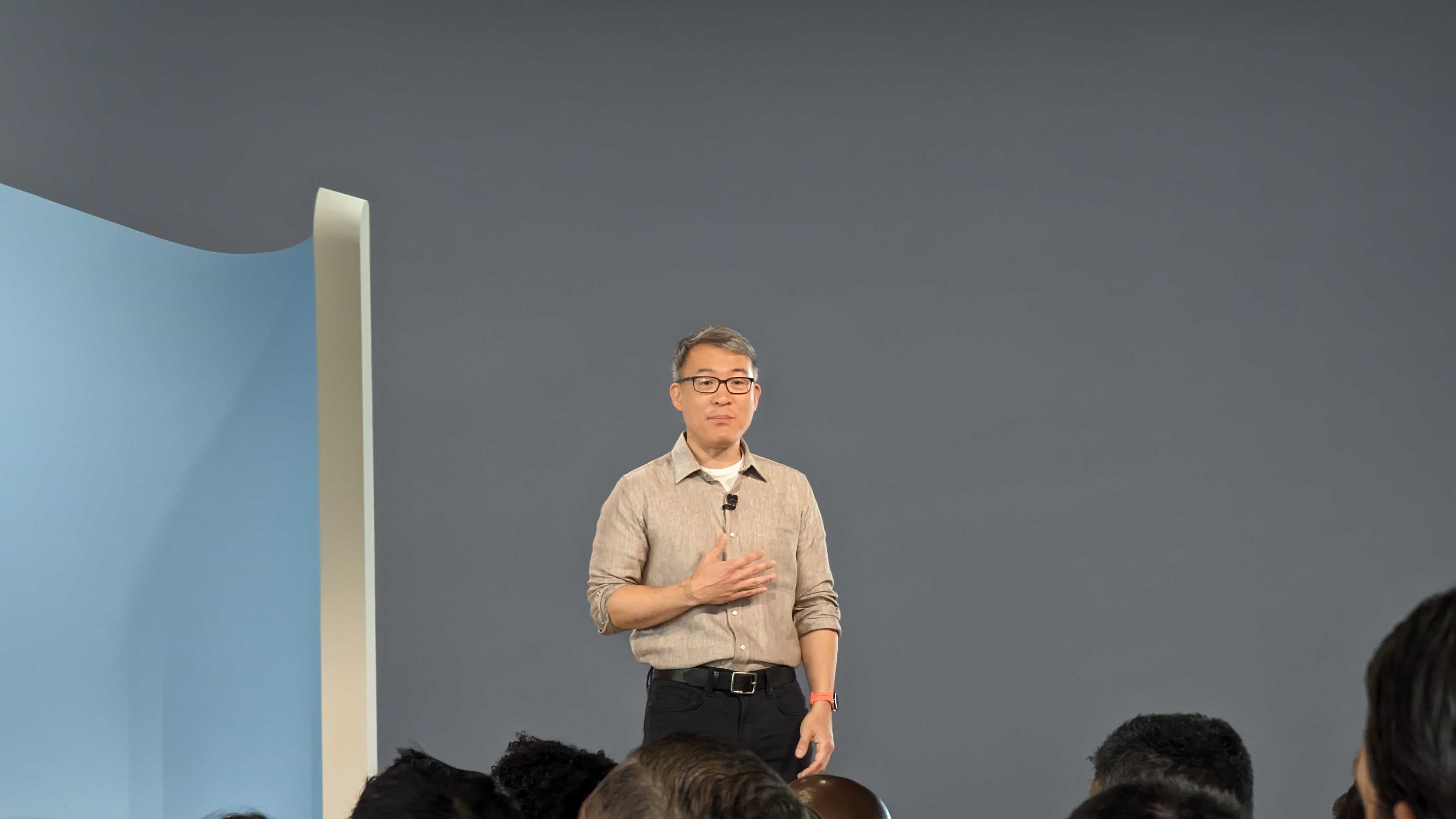
What you need to know
- 9to5Google reports that Google will lay off a few hundred AR Hardware engineers.
- It also announced the departure of Fitbit co-founders James Park and Eric Friedman, plus "other Fitbit leaders."
- Semafor reports that the Google Assistant team also lost hundreds of workers as the company pivots to the Bard generative AI.
- The New York Times revealed several hundred layoffs in the core engineering department.
Google has announced a widespread round of layoffs across several divisions — augmented reality (AR) hardware, Google Assistant, and core engineering — in the wake of an extremely profitable year for the company.
"A number of our teams made changes to become more efficient and work better, and to align their resources to their biggest product priorities," a Google rep told Android Central and other publications.
Layoffs have slowed since the massive 12,000 staff cuts last January, but the Google rep noted that "some teams are continuing to make these kinds of organizational changes, which include some role eliminations globally."
Google also promised to support impacted employees and encourage them to apply for new roles at Google, though last year's recruiting team layoffs and fewer open positions make this a difficult prospect.
Some of these firings are explicitly due to Google's recent pivot to AI development. Google told Semafor, the site that revealed hundreds of Google Assistant division layoffs, that "restructuring would help improve Google Assistant as it explores integrating newer artificial intelligence technology into its products."
Most of Google's hardware layoffs are focused on its AR hardware division. 9to5Google reported this news, noting that Google remains "deeply committed to other AR initiatives." Most notably, Google is developing the software behind Samsung's XR headset.
The New York Times also noted hundreds of layoffs in Google's core engineering department, with no specific explanation for their necessity besides the general statements above.
Tonight, Google began another round of needless layoffs. Our members and teammates work hard every day to build great products for our users, and the company cannot continue to fire our coworkers while making billions every quarter. We won’t stop fighting until our jobs are safe!January 11, 2024
The Alphabet Workers Union posted a frustrated response to the news on X, noting the company claims that these firings are necessary while earning billions in profits. In its last quarterly earnings report, Google earned $76.69 billion, an 11% YoY increase.
Google's more "efficient" restructured teams call back to Meta's language surrounding its tens of thousands of layoffs last year. CEO Mark Zuckerberg called it Meta's Year of Efficiency, and it paid off in huge profits for shareholders, at the expense of its own employees.
Rounding out this explosion of Google layoff news, 9to5Google also reports that the Fitbit leaders who joined Google after the 2021 acquisition are leaving the company. Co-founders James Park and Eric Friedman, along with an unspecified number of other leaders, have left Google.
It's unclear whether this Fitbit exodus was a voluntary decision or forced departure, and what it means for the brand. The report made no mention of any Fitbit engineer layoffs, outside of the leadership team.
Analysis: Worrying layoffs, but also predictable

Wednesday's Google layoffs pale in comparison to its 2023 culling of thousands of jobs, but they still tell us a great deal about Google's future as a company.
Last December, The Information reported that Google plans to restructure its 30,000 ad sales team, because it is "relying more on machine-learning techniques to help customers buy even more ads on its search engine, YouTube and other services," making human supervision unnecessary to generate huge profits.
These impending layoffs, combined with Semafor's report about firing Google Assistant workers to focus on Bard, emphasize how Google's AI pivot could impact the company moving forward as its engineers develop technology that will make their coworkers' jobs expendable.
As for the cuts to the AR hardware division, we heard of difficulties in the AR division last summer. Google worked on several AR glasses prototypes in tandem, all of which were reportedly fighting for resources. At the same time, Google had a team developing software for Samsung's glasses, and Samsung reportedly demanded that this team not be allowed to speak to other Google engineers, "for fear they might build a competing product based on that information."
In this context, it makes sense why Google might kill at least some of its expensive AR hardware products, either to focus on one prototype or to pivot entirely to software. Still, it's disappointing to hear that Google may never recapture that Google Glass magic.

The news of Fitbit executives' departure is particularly intriguing, and we can only speculate on whether they left voluntarily or were forced out.
Fitbit's James Park has been actively involved with Google's major product launches since the acquisition, most recently helping to announce new Fitbit software on the Pixel Watch 2.
Outside of Google hardware, however, the Fitbit brand has dipped in sales since the acquisition, and Google recently chose to cut the countries where it sells Fitbits in half to align with where it sells Pixel hardware. At the time, we called the news a "portent of doom" for the brand and noted that Google seemed to have no plans for improving Fitbit "beyond shoving a lot of Google tech inside."
This news doesn't confirm that Fitbit will end up in the Killed by Google graveyard. Yet in the tech world, initiatives die if they don't have a strong executive to advocate for them within the company. With Park and Friedman gone, Fitbit could end up swallowed up by the Pixel hardware division with no clear mandate or resources.
The only hope is that these departures open the door for a new executive to lead Fitbit to a resurgence. But that might just be wishful thinking.







